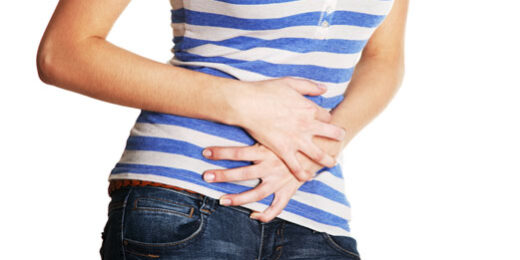You have suppressed your hunger cues for a long time, to the point where you almost forget what hunger feels like. You shake off the dizziness, the foggy brain, and the hollow feeling in your stomach. When you do eat, your stomach feels full quickly – even after a small amount of food.
At the start of recovery, you ate by the clock, not by the signals your body was sending you. Yet, overtime, the urge to eat keeps coming and you are reminded that this is what hunger feels like. Extreme hunger.
Clients often express that this does not make sense to them and from our experience, their fear of not being able to stop once they start is one of the most anxiety inducing aspects of recovery. They commonly ask: “How can I STILL be hungry when I just ate? “ or “WHY am I still thinking about food?”
Let us share a helpful analogy with you:
You are in the ocean with your friends. Your head is underwater, whilst theirs is above. They are breathing fluently and normally, yet you are holding your breath for as long as you can. There comes a point where you are so oxygen deprived that you need to surface. When you do, you gasp for air, repeatedly, till eventually your breathing becomes fluent, and normal like your friends.
How does this relate to food?
When you severely deprive your body of the energy and nutrients it needs to thrive, 2 things can happen.
- Your body has lots of repair to do which requires lots of energy! It needs to fix damaged tissues, give confidence to the gut that it can start to digest food properly, fuel the brain adequately and fuel your organs such as your heart to pump blood to your hands and feet which are cold [plus much, more more!]. The energy needed to do this is much higher than the average person who has listened to their body and fueled it adequately.
- Your body does not register that you have an eating disorder. It registers that there may be another famine, and therefore it needs to prepare for it. Restriction leads to your body being worried about the next time it may get food – and so it plays catch up & plays it safely.
During this time, it is likely your body will crave higher energy (& delicious!) foods, like pizza, ice-cream, cheese, toast, pasta, and yogurt. Whether mental or physical, if your body is communicating to you that it would like food, you can and should eat more. This is normal for someone who has an eating disorder. Fighting it only makes it harder.
Will this last forever?
Short answer: No. But there is no exact timeframe that can dictate how long this will go on for. Your hunger will ease and subside to a comfortable level when your body is nourished and confident that it will be getting the food it needs to survive and thrive. Consistency and persistence is key!
Remember:
Your body is not trying to hurt you or punish you, instead, it is wanting to nurture and nourish you back to a place where it can reliably and confidently communicate its needs.
Our trained & experienced Dietitians are here to support you on your journey and to help you ride the wave of recovery. Contact us by calling (02) 4362 3443.







